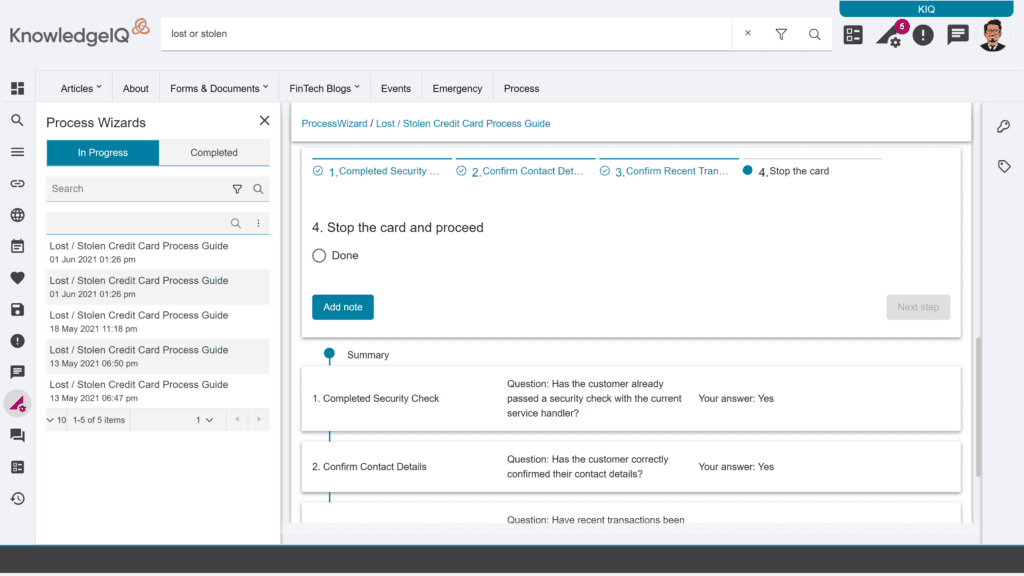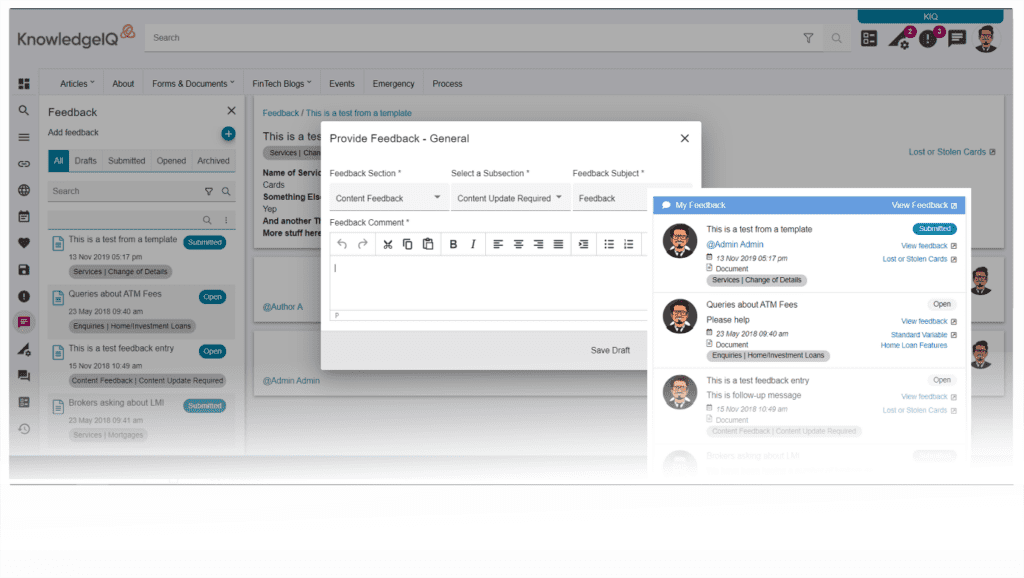
- Is knowledge information? Hmm…No it isn’t
- Is knowledge wisdom? Hmm...No it isn’t

Knowledge is the ‘glue’ between information and wisdom according to the well-known hierarchy above, knowledge fills the gap between what we know and what we do
Information is organized data, which has been processed in such a way that it has relevance for a specific purpose or context, and is therefore meaningful, valuable, useful and relevant.
Wisdom involves using knowledge for the greater good. Wisdom is deep and specifically human. It requires a sense of good and bad, right and wrong, ethical and unethical.
There are two main types of knowledge; explicit and tacit
Explicit knowledge is knowledge covering subjects that are easy to document and share: what we probably know of as structured information. Explicit knowledge is more formal and includes things like FAQs, instructions, reports, diagrams, one-pagers, and strategy slide decks.
Explicit knowledge has traditionally been what has been captured in a knowledge management system [KMS] or an intranet. It’s formalized documentation that can be used to do a job, make a decision, or inform an audience. Explicit knowledge is easily shared.
A process is an example of explicit knowledge

Tacit knowledge is intangible information that can be difficult to explain in a straightforward way, such as things that are often “assumed” without necessarily being said. Tacit knowledge is informal, learned with experience over time, and usually applies to a specific situation. When it can be captured it should be added to a knowledge base - doing so makes it easy to share expertise gained over time with others who may need it. It doesn’t have to be a long or formal document; it can simply be tips on dealing with a difficult challenge or a few lines of feedback to guide someone.

It’s no surprise that huge majority of organizational knowledge is tacit and stored in people’s heads

In the end, no matter how organizational knowledge is defined, it all plays a vital role in the day-to-day operations of running a company.
Knowledge systems are great at capturing structured or organized information but often fall short when it comes to capturing corporate memory and experience. This creates a gap in your organization’s ability to retain tacit knowledge.
With KnowledgeIQ tacit knowledge can be captured and accessed in a number of ways:
Want to find out more on how KnowledgeIQ can help you bring together and retain your organizations knowledge. Request a discussion with of our experienced team members today or download or brochure for more information.